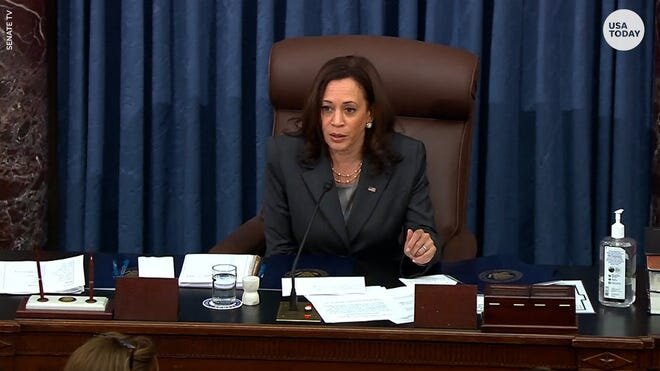Can Britney Vote?
Elissa Gershon, Impact Fund Grant Advisory Committee Member
The plight of Britney Spears, the pop star who has been under a conservatorship for the past 13 years, has plastered the news headlines recently. While even a quick skimmer of the Britney saga is aware of potential financial abuse, like how much she pays the people who continue to benefit from her conservatorship, and restrictions on her reproductive rights such as whether she can stop using birth control, we don’t know if Ms. Spears can vote. If she is like thousands of other people whose voting rights are curtailed through a court-ordered guardianship (called conservatorship in California), she may have been disenfranchised without any consideration of whether she in fact remains capable of voting. Categorical bans on voting by people subject to guardianship or conservatorship exist in at least a dozen states and may be ripe for legal challenge.
Persons subject to guardianship are judicially determined to lack capacity to make decisions in some or all aspects of their lives, usually with a focus on self-care or financial management skills. Guardianship proceedings give differing amounts of attention--very often, none-- to the individual’s capacity to vote. Federal law permits disenfranchisement of individuals based on “mental incapacity” but state laws and local practices vary. Many laws disenfranchising individuals based on disability and/or guardianship status are based on historical assumptions and outmoded ideas about the capability of people with intellectual or psychiatric disabilities, on grounds that are outdated, overbroad, and in violation of numerous constitutional and statutory protections. Given the importance of the right to vote, for individuals who may be deprived of that right and to our democracy in general, it is critical that individuals not be disenfranchised without receiving all of the constitutional and civil protections to which they are entitled.
Rosalind Alexander-Kasparik cares for her fiance, David Rector, who's trying to have his voting rights restored five years after a judge ruled that a traumatic brain injury disqualified him from casting a ballot in San Diego.
One of the few cases to successfully litigate this issue celebrates its 20th anniversary this year. In the seminal case of Doe v. Rowe, a federal district court struck down Maine’s constitutional provision which disenfranchised all individuals under guardianship “by reason of mental illness.” The court found Maine’s categorical exclusion to violate, amongst other things, the Equal Protection Clause of the Constitution, stating that it was “either fatally underinclusive or overinclusive” insofar as “’mental illness’ cannot serve as a proxy for mental incapacity with regards to voting.”
Thanks to another high-profile case in California, when David Rector went to Superior Court in San Diego to file a request to have his voting rights restored, state law changed in 2016 so that people who are subject to conservatorship retain the right to vote unless the court finds, by clear and convincing evidence, “that the person cannot communicate, with or without reasonable accommodations, a desire to participate in the voting process.” But the California statute may not have changed the terms of Ms. Spears’ conservatorship, which predates the new law, and in any case, California’s approach is far from the norm. Only six states have adopted similar language, which is based on the American Bar Association’s Legislative Policy, adopted in 2007.
Vice President Kamala Harris, in her introductory remarks while meeting with disability leaders on voting rights, affirmed that voting rights for people with disabilities is one of the Biden Administration’s “highest priorities.”
As disability rights have evolved, longstanding assumptions about people with disabilities are starting to give way to the recognition that people with cognitive and psychiatric disabilities are fully capable of the presumption of competence that other voters enjoy. With national attention focused on voting rights, and the current spotlight on conservatorship reform due to Ms. Spears’ case, now is an opportune time to raise awareness of the outmoded and discriminatory ways that people with disabilities who have guardians or conservators are disenfranchised. Indeed, Congressman Matt Gaetz, who recently initiated calls for congressional hearings on conservatorship abuse, expressed concern about whether she can vote. And Vice President Kamala Harris, in her introductory remarks while meeting with disability leaders on voting rights, affirmed that voting rights for people with disabilities is one of the Biden Administration’s “highest priorities.” While antiquated state constitutional provisions and laws remain in effect, challenging them through impact cases should be a priority for advocates, who may be able to help thousands of disenfranchised people, including perhaps Ms. Spears, find their voices.
Elissa Gershon is a member of the Impact Fund Grant Advisory Committee. She is on contract with the National Disability Rights Network, working on voting rights for people with disabilities who are subject to guardianship.



